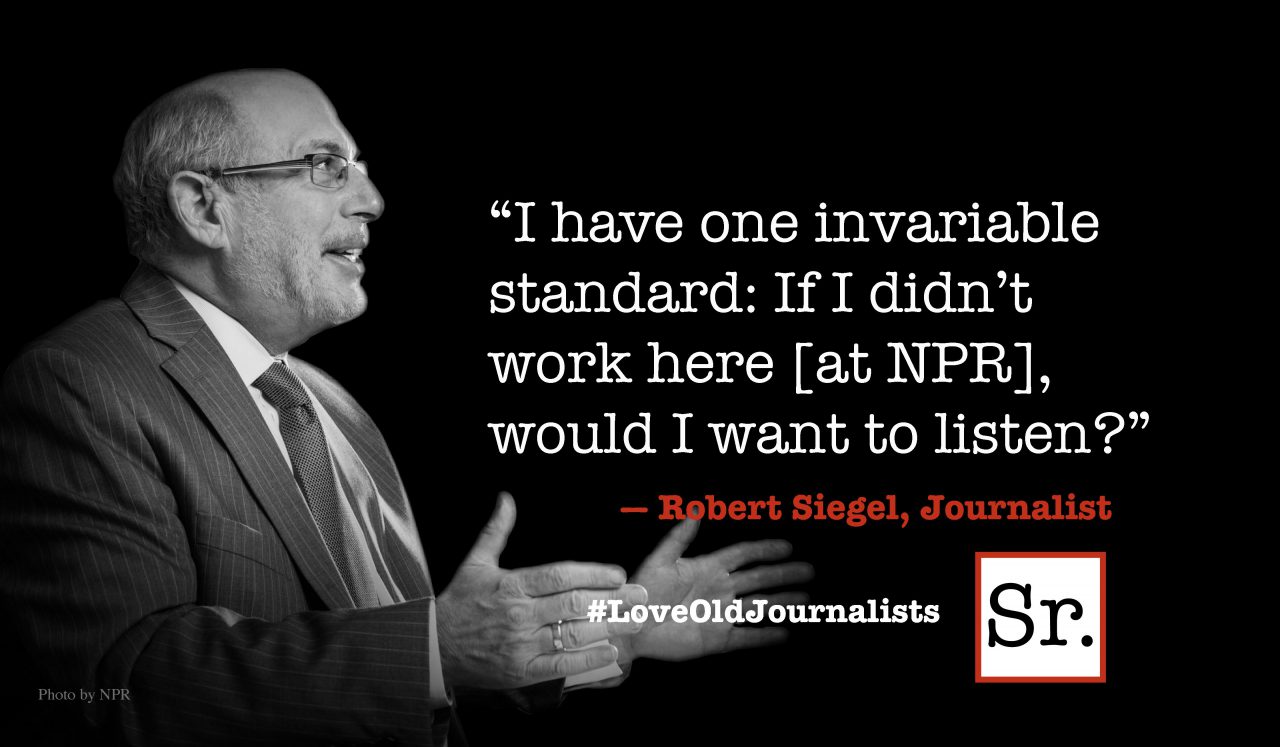Most of you have heard the saying, “Don’t throw the baby out with the bathwater,” or something to that effect. Basically, the idiom advises us not to discard something valuable in our eagerness to get rid of some useless thing associated with it. If you are not careful, this can happen to businesses going through a rough patch.
In terms of rectification, you have to look at the issue in the context of whether the problem is a short-term blip or the beginning of a long-term shift to your business or industry. Using the coffee business as an example, a spike in coffee futures because of a frost in Brazil is going to raise the consumer price of coffee and reduce demand. This is a short-term aggravation, and though it may thrash earnings for the quarter or the year, it is not a restructuring of the marketplace. An experienced company knows the ramifications and deals with this type of situation. They’ve seen it before and they’ll see it again. They may circle the wagons to some degree, but they should avoid slashing programs that are in place to enhance their mid to long term relationship with the consumer/customer.
If your company is going through such a challenge, don’t panic. Sure, it isn’t business as usual, and yes, every CEO has to make some moves to shore up sales and profits. Tighten your belt, but re-think these quick fixes:
- Do Not Make “Across the Board” Cuts. CEO’s justify across-the-board cuts because they think it is fair. It may be, but it isn’t smart. When it comes to belt-tightening, the astute CEO will target those areas or projects that don’t detract from the vision/strategy or the company’s competitive differentiation. A delay (not cancellation) in capital expenditures of such initiatives as office upgrades or computer systems are examples of a good place to start. When I was a CEO, I managed to squirrel away a “rainy day” fund for nasty business blips. With that in place, I never had to compromise my strategic principles.
- Avoid Trashing Initiatives that Are Working. Having come out of a consumer goods background, I’ve seen many a case of cuts to the advertising budget. I think there is a case to be made when a campaign isn’t working – it is better to stop that advertising, stop putting good media money into bad creative and start working on something better. Fortunately, in the social media world, massive budgets aren’t required to engage consumers. Yet, in cases where budgets are already small, there’s strategic risk to cutbacks. Sadly, the reward of the savings is a drop in the proverbial bucket – a minute sum in improving quarterly or annual earnings.
- Never do a Knee-Jerk Reaction on the Corporate Strategy. Only when the rough patch is game-changing should the CEO review the company’s strategic intent. I’m talking about big change such as Amazon’s impact on book publishers, the i-phone’s impact on the Blackberry. It may seem so at the time, but a price squeeze from oversupply and weaker demand is not game-changing stuff. As difficult as the situation seems, don’t panic.
- Do Not Throw a “Hail Mary” Pass. This is panic. Understand the reason for the problem. Is the problem self-inflicted? Do you have the right people in place to minimize its impact or to lead you out of the short-term crisis? Seldom are people to blame. But, these blips have a way of separating leaders from followers.
When business goes sour, whether short or long-term, the organization’s most senior people need to step up and offer innovative solutions to the issues hammering the top and bottom-line. Those who fail to do this are not leaders. At best, they are managers. At worst, they are expendable.









